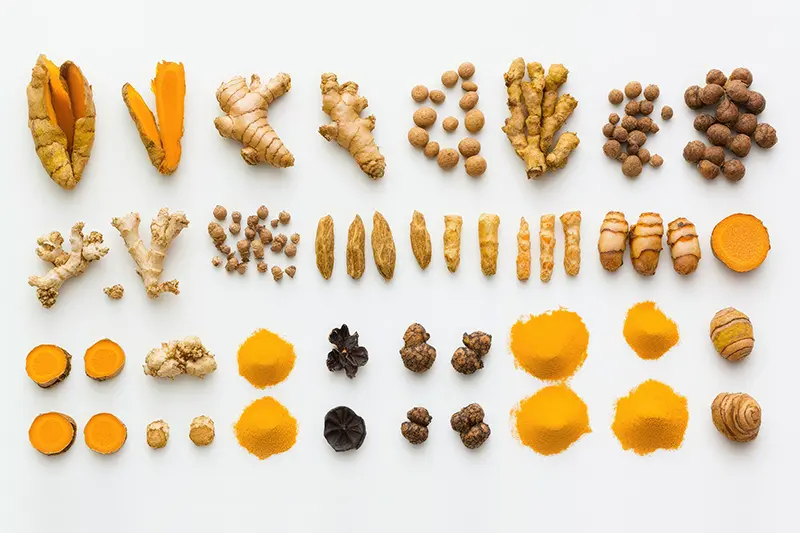Inflammation is at the root of many ailments—from joint pain to chronic diseases. More and more people are turning to natural alternatives instead of traditional anti-inflammatory drugs to avoid unwanted side effects. In this article, we present the best natural anti-inflammatory, how it works, and how to use it safely. Understanding these natural options can help you make better choices for long-term health.
What Is a Natural Anti-Inflammatory?
A natural anti-inflammatory is a substance derived from plants, foods, or supplements that helps reduce inflammation in the body without the use of synthetic ingredients. Unlike pharmaceutical medications, these remedies work more gently and are suitable for long-term use with minimal risk of side effects. They offer a supportive approach to inflammation control. However, proper use and monitoring remain essential.
Top Effective Natural Anti-Inflammatories
Turmeric (Curcuma)
- Active Ingredient: Curcumin
Benefits: Reduces systemic inflammation, particularly beneficial for arthritis - How to Use: 1–2 g/day in capsule form or powder, ideally combined with black pepper to enhance absorption
Ginger
- Active Compound: Gingerol, with strong anti-inflammatory properties
- Benefits: Effective in reducing muscle pain, menstrual discomfort, and joint stiffness
- How to Use: Can be consumed as tea, fresh juice, or taken in capsule form
Fish Oil (Omega-3 Fatty Acids)
- Active Components: EPA and DHA
- Benefits: Fight inflammation at the cellular level; useful in cardiovascular, autoimmune, and joint-related conditions
- How to Use: Commonly taken as daily supplements, often in liquid or capsule form
Boswellia (Indian Frankincense)
- Benefits: Reduces inflammation associated with arthritis, asthma, and Crohn’s disease
- How to Use: Often included in natural anti-inflammatory supplement blends
Green Tea
- Active Compounds: Polyphenols, especially EGCG
- Benefits: Provides antioxidant and anti-inflammatory effects; supports metabolic function and chronic inflammation reduction
- How to Use: Recommended as a regular drink or in capsule extract form
What’s It: Food, Supplement, or Both?
Combining anti-inflammatory foods with natural supplements can lead to better outcomes. For instance, turmeric shows the highest effectiveness when taken with piperine, the active compound in black pepper, which significantly improves curcumin absorption. Using both dietary and supplemental forms often yields synergistic benefits.
Contraindications and Precautions
Despite being natural, certain herbs and plant-based supplements may interact with prescription medications. Always consult with a physician or certified herbalist before starting any herbal treatment, especially if you have a chronic health condition or are currently taking medication. Monitoring for allergic reactions or side effects is also important.
Consultant: Dr. Filip-Eberhard Zisu
Frequently Asked Questions
1) What is the most powerful natural anti-inflammatory?
Turmeric, due to its active compound curcumin, is widely regarded as the most effective natural anti-inflammatory.
2) Which herbs are good for inflammation?
Common anti-inflammatory herbs include turmeric, ginger, boswellia, nettle, and green tea.
3) Do natural anti-inflammatories have side effects?
Side effects are rare, but drug interactions or allergic reactions may occur in some individuals.
4) How long does it take to feel the effects of a natural anti-inflammatory?
Most people notice benefits after 1 to 3 weeks of consistent use.
5) Can I take natural anti-inflammatory supplements along with drug treatment?
Yes, but only with your doctor’s approval to avoid potentially harmful interactions.











